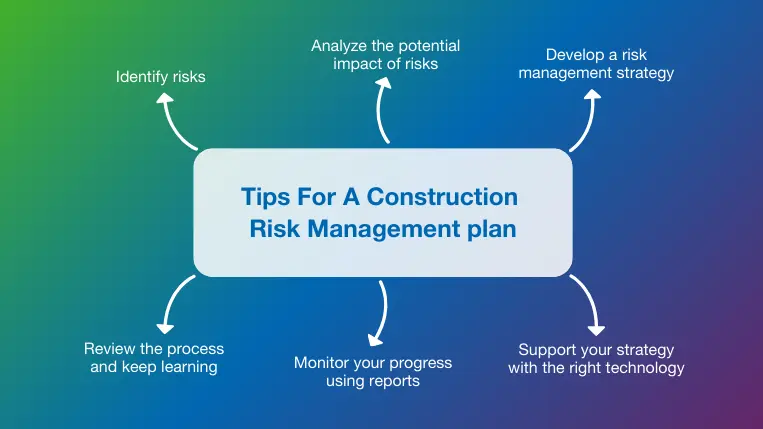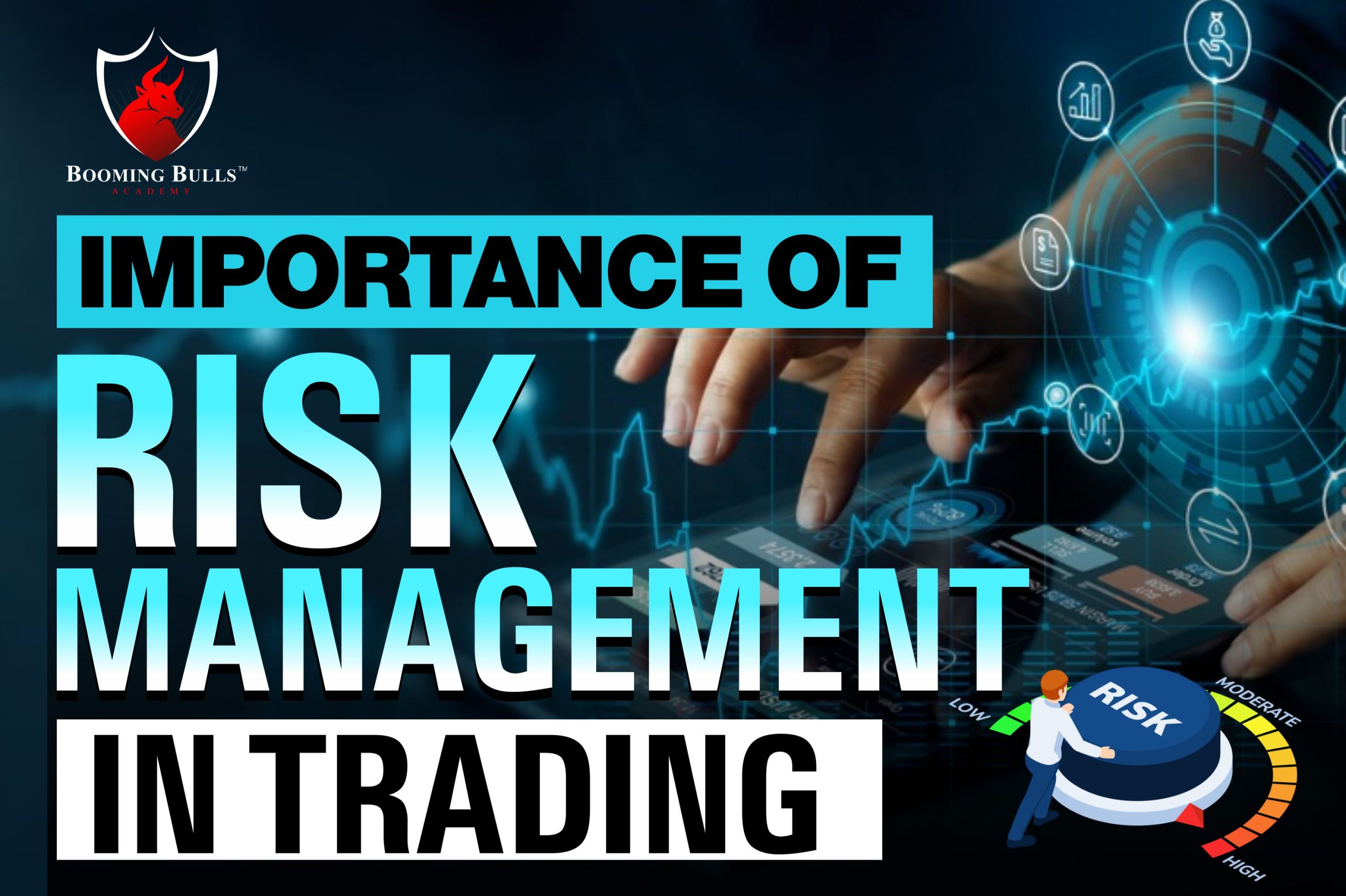The Effect of the Importance of Risk Management on Organizational Governance
The Effect of the Importance of Risk Management on Organizational Governance
Blog Article
The Crucial Relevance of Risk Management in Getting Organizational Goals
This is where Risk Management actions in, offering an organized strategy to identifying, evaluating, and mitigating possible roadblocks to advance. As we explore the important role of Risk Management in achieving business goals, one can not help yet question: exactly how does this translate right into real-world success?
Recognizing the Principle of Risk Management in Organization

The Essential Duty of Risk Management in Strategic Preparation
Incorporating Risk Management into calculated preparation works as a safeguard for companies, securing their long-term strategies with a strong foundation of readiness and strength. It operates as the organization's radar, spotting prospective risks and susceptabilities that could interrupt the course towards accomplishing their mentioned objectives. Risk Management uses a framework for expecting unpredictabilities and designing suitable actions, guaranteeing the organization's survival and success also despite adversity. By integrating Risk Management right into tactical preparation, companies can change these uncertainties right into possibilities for growth and development. This critical interweaving of Risk Management cultivates adaptability, making organizations a lot more robust and enabling them to navigate the ever-changing company landscape with confidence. Risk Management becomes an indispensable tool in strategic preparation, critical in protecting sustainable success.

Strategies for Identifying, Assessing, and Focusing On Threats
Browsing the complicated landscape of threats calls for the application of certain methods for their analysis, prioritization, and identification. The process starts with Risk recognition, utilizing devices such as SWOT evaluation, which helps in pinpointing potential dangers and opportunities. Next, Risk assessment is performed to establish the possible effect and chance of each Risk. Tools such as Risk official website matrices and impact-probability charts are made use of for this. Risks are focused on based on their read this post here possible impact and likelihood, permitting companies to concentrate their resources on critical threats. This systematic technique makes sure a comprehensive understanding of the Risk landscape, making it possible for companies to make informed decisions and effectively handle dangers to attain their goals - importance of risk management.
Protecting Organizational Workflow With Efficient Risk Management
In the company landscape stuffed with uncertainties, reliable Risk Management plays a critical duty in protecting business operations. By determining and analyzing prospective threats, Risk Management enables companies to develop robust backup plans. Organizations have to invest in detailed Risk Management methods to protect their procedures.

Converting Prospective Hazards to Opportunities: The Power of Risk Management
While potential dangers could originally show up as roadblocks to organizational success, effective Risk Management can change them into possibilities. A proactive technique to risk Management includes recognizing, assessing, and prioritizing threats to devise techniques that transform them right into possible benefits. This process requires the growth of a risk-aware culture within the organization, motivating people to watch risks as prospective stimulants for adjustment and growth, instead of mere dangers. importance of risk management. Via this lens, potential dangers come to be opportunities to innovate, improve processes, and enhance durability. Hence, by leveraging the power of Risk Management, companies can not just guard their procedures yet also stimulate development and achieve their objectives in an unforeseeable service atmosphere.
Situation Studies: Success Stories of Risk Management Driving Business Objectives
Successful implementation of Risk Management techniques has actually generated excellent outcomes in numerous companies, underscoring the advantages of this technique. Multinational companies like Microsoft and Google, for instance, have leveraged Risk Management to minimize hazards and exploit possibilities, driving their service purposes onward. These examples highlight how successful Risk Management can not only steer organizations clear of potential risks but likewise assist them in the direction of their tactical purposes.
Conclusion
Finally, Risk Management is essentially crucial in accomplishing business goals. It uses a systematic strategy to identifying, evaluating, and dealing with possible risks and chances. Greater than just mitigating dangers, it also cultivates technology, resilience, and sustainable growth. By integrating Risk Management into strategic preparation, businesses can much better browse unpredictabilities, guard procedures, and capitalise on possibilities, thereby like it aligning with long-term objectives.
At its core, Risk Management is the process of identifying, assessing, and dealing with potential hazards that can adversely affect an organization's operations or purposes. Next, Risk evaluation is carried out to determine the potential influence and probability of each Risk. Risks are focused on based on their prospective impact and chance, enabling organizations to concentrate their resources on high-priority threats. By determining and analyzing possible dangers, Risk Management allows companies to establish robust backup plans. An aggressive technique to run the risk of Management includes identifying, examining, and prioritizing threats to create techniques that turn them right into prospective benefits.
Report this page